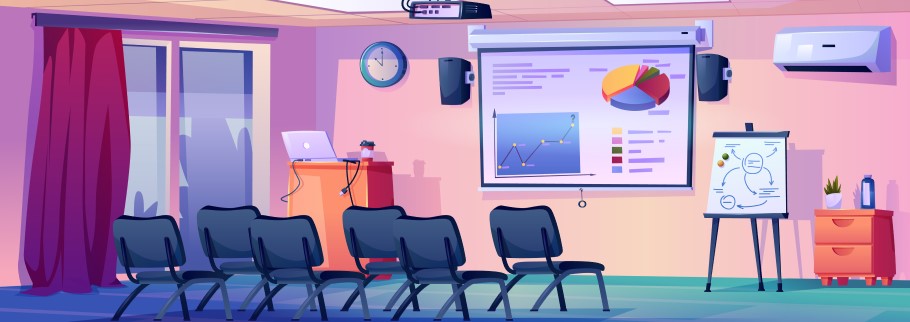
A guide to how students can make the most of university – an academic perspective
Students turn up to lectures or seminars, do
some extra reading, submit their assessments,
pass them with flying colours and get their
degree. There might also be some socialising
thrown in too.
That is one way of viewing university, but by
preparing your students for what to expect and
what they need to put in to get the most out
of it, it can become more than a transactional
arrangement with some cheap drinks on the
side.
Relationships are key
Encourage students to get to know lecturers,
their peer group and other key players (the
person who makes the coffee each morning is
REALLY important).
The vast majority of lecturers welcome contact
from students, want to hear their thoughts and
be asked for clarification. This provides great
support for students both academically and
socially.
Peer group support is invaluable; someone
to vent with over a coffee or ask questions
over WhatsApp, all provide guidance and that
key human contact we all need. With more
hybrid, remote methods of learning being used,
attendance for on campus sessions really helps
when building these relationships.

Students should engage fully
There is no point turning up if the student is not actually ‘present.’ Paying attention to what is going on during on-campus and online sessions is crucial. Students should take notes to ensure active learning is taking place, limit distractions (there are apps to disable social media, for example, during teaching time). They should also expand learning outside of the formally arranged sessions by reading around the subject, finding links across subjects and where applicable, into day-to-day life.
Take charge of their own learning
One of the key aspects of higher education
study is becoming an independent thinker
and an autonomous learner. There are huge
advantages to this in that students have
more choice and options than they may have
experienced from compulsory education. But
with great power comes great responsibility...
attendance may not be monitored as closely,
and additional reading and research will need
to be done outside of the classroom.
Organisation and time management are skills
that will need to be honed and students need to
take charge of any feedback received. How can
they improve? Are there common areas they
are falling down on? How could this help them
with future assessments in that subject, but
also in different subjects?
Plan ahead
It is never too early to think about careers. What
experience do they already have? How can
they get more? All universities have a careers
service that will be able to find volunteering and
paid positions that can broaden any CV when it
is time to think about the graduate job market.
University is not all about study either, so
factoring in socialising, hobbies and me time
is essential to allow students time to recharge
and gain valuable transferable skills. By
embracing all university can bring, students will
have a successful, enjoyable and unforgettable
experience.
Just so you know, this blog was published on 22 May '23 and everything was accurate to the best of our knowledge when we hit publish.
Stay up to date with everything university!
This free newsletter includes information about university events added to UniTasterDays, as well as details on new webinars, resource releases, and more.




